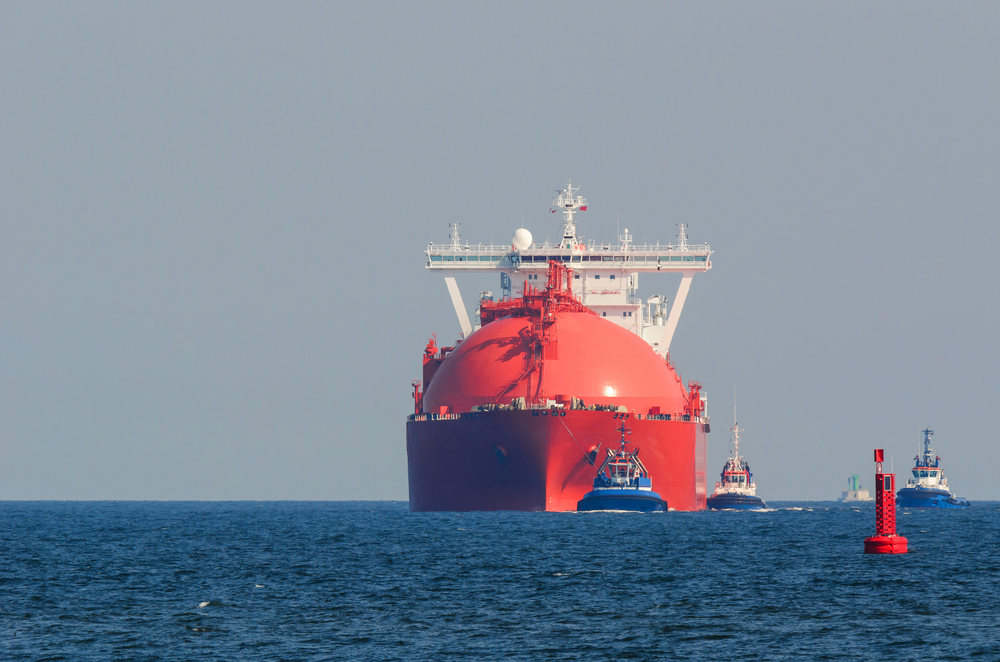European Banking Giants Plot Blockchain Trading of Liquid Natural Gas

ING and Societe Generale, a Dutch and French bank respectively are reportedly in talks with global commodities traders to test trading of liquefied natural gas on a blockchain-enabled with smart contracts.
After successfully trialing crude oil cargo trade on a blockchain last month, the two European banks are now looking to enhance the trading process of liquefied natural gas (LNG). According to a Reuters report, the two banks have already spoken to several players in the LNG trading market about testing a deal on a blockchain ‘within months’. LNG is natural gas converted to its liquid form for easier storage and transport.
Speaking to the publication, ING’s director of trade and commodity finance Patrick Arnaud stated:
LNG is an area we definitely want to focus on because it’s a growing market but at the same time, it’s controlled by a few very important players.

The banks’ desire to sell their smart contracts-enabled solution for global trade comes soon after executing the first ever large oil trade transaction powered by blockchain technology. Announced in January, the trade transaction involved an oil cargo shipment containing African crude, sold to Chinese petrochemical giant ChemChina.
The blockchain-powered trade took shape after Swiss-based Mercuria, one of the world’s largest commodity traders, took a notable interest in the decentralized innovation. In October 2016, Marco Dunand, chief executive of Mercuria stated in a public forum that blockchain technology would lead to “a digital transformation of the oil and gas industry.” The critical industry, traditionally slow to adopt change and digitization, is still in a “pre-archaic” process, Dunand added.
He stated:
So, introducing blockchain willow allow to pass title from buyer to shiper to seller without going through massive paperwork of bills of lading.
Further, he underlined the cost-saving measures that blockchain-based payments would bring, cutting costs by 30 percent.
The banks have now revealed that their blockchain solution helped Mercuria reduce some unnamed processes in a trade transaction from three hours down to 25 minutes.
Blockchain For Utility Trading
A number of big energy giants around the world are looking at smart contracts-enabled blockchain technology as a viable solution for utility trades. Wien Energie, Austria’s largest energy company announced a blockchain pilot for decentralized energy trading. The pilot project will run for three months from March to May 2017 by a company that provides electricity, natural gas and heating to nearly 2 million Austrians.
German energy company Innogy is looking to apply blockchain technology for its vehicle charging infrastructure, allowing drivers and users to share charging stations with others.
UK-based startup Electron demonstrated significantly faster energy transfers (up to 20x) with remarkably lowered costs while simulating data from 53 million metering points from 60 UK energy providers, over an Ethereum blockchain.
Elsewhere, Spain’s Endesa described blockchain as an “almost incorruptible digital ledger”. The energy giant has opened a blockchain-specific lab to explore potential applications.
Images from Shutterstock.